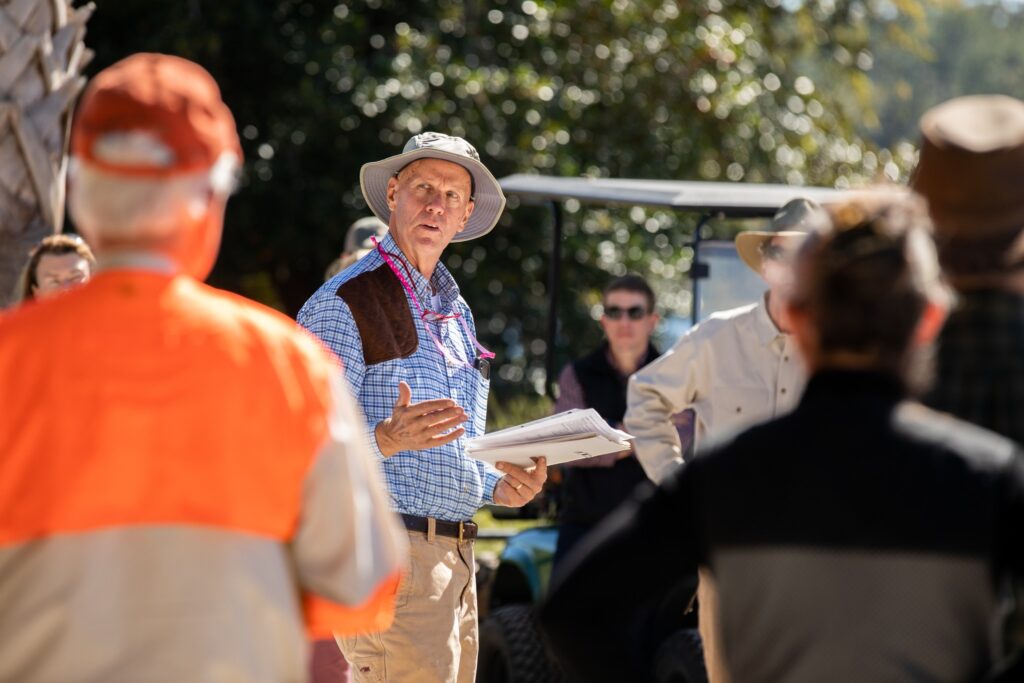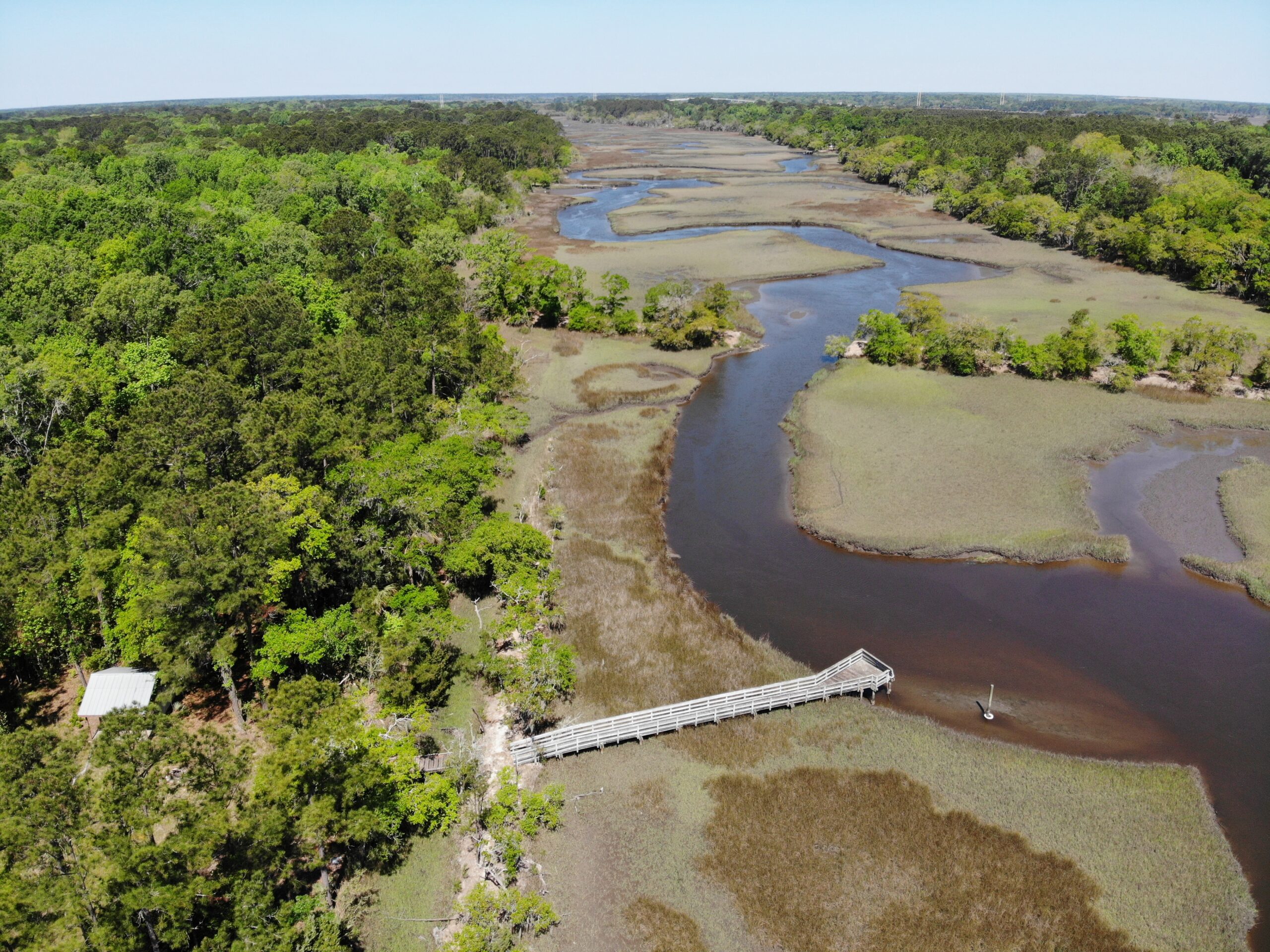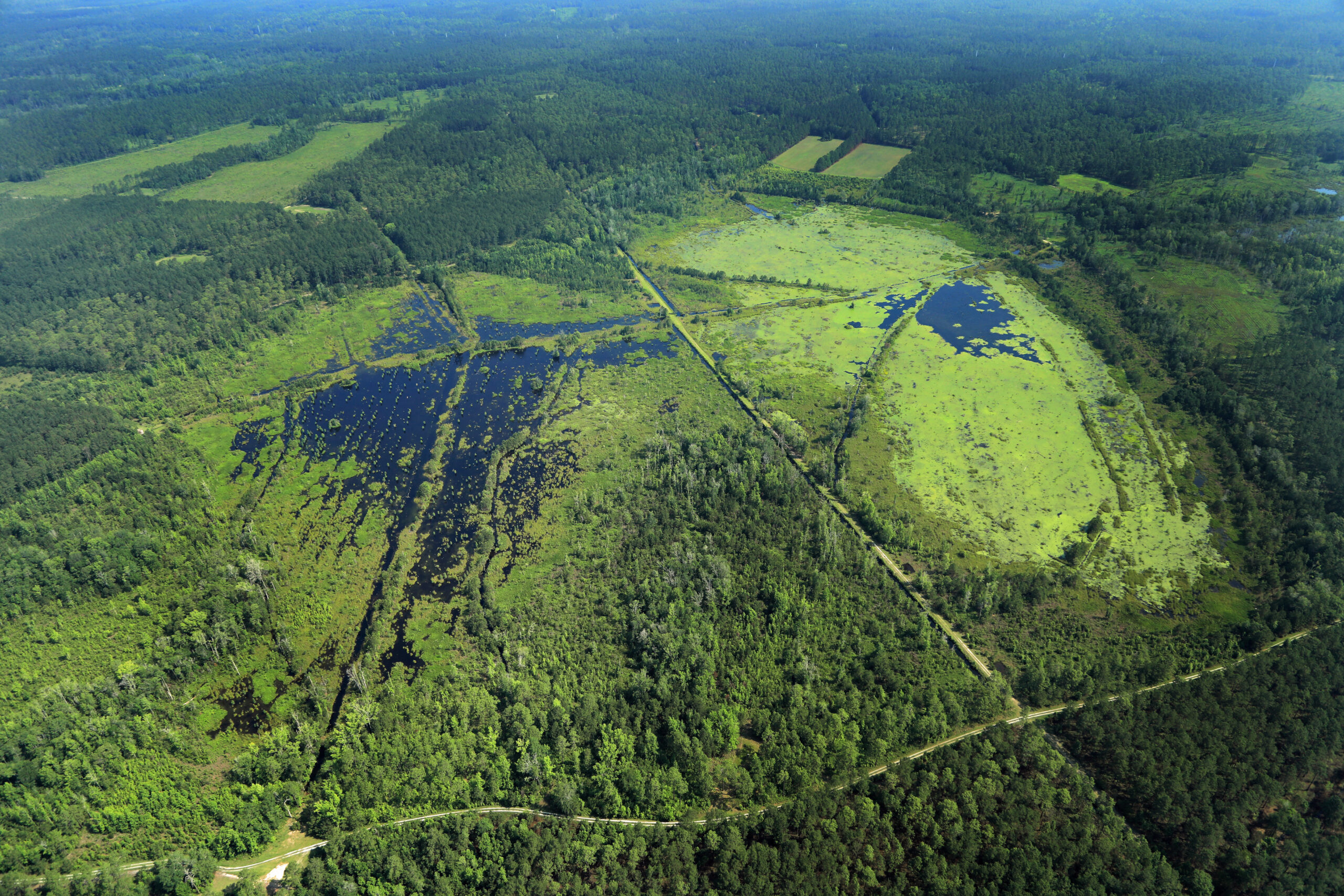Introduction
The South Carolina Lowcountry is rich in history, and few aspects embody the region’s distinctive culture as much as its traditional sports and hunting. Characterized by a blend of African, European, and Indigenous influences, activities such as fishing, shrimping, crabbing, and hunting game like deer, waterfowl, and wild turkeys have been passed down for generations. Traditional Lowcountry sports have not only provided a means of sustenance but have also played a crucial role in shaping the conservation efforts within the region.
The History of Hunting as Conservation throughout the United States
To many non-hunters, it’s surprising to learn about the pivotal role hunting has played in the conservation movement, especially in the late 19th and early 20th centuries. During this time, the devastating effects of unregulated hunting and habitat destruction were realized as wildlife populations plummeted. At the same time that John Muir was exploring the Sierra Nevada and publishing essays, hunters, including President Teddy Roosevelt, were gathering together to face the growing crisis. Naturalists and hunters alike recognized that if the natural resources and outdoor traditions that define the character of the United States were to endure, they needed to be regulated and managed responsibly.
These hunter-conservationists inspired new legislation and international agreements to manage wildlife as limited natural resources. Notably among these are the Lacey Act of 1900, the 1918 Migratory Bird Treaty Act (MBTA), the Migratory Bird Hunting Stamp Act (Duck Stamp Act) of 1934, and the 1937 Federal Aid in Wildlife Restoration Act (commonly known as the Pittman-Robertson Act). These laws radically changed the North American perspective on wildlife management and secured billions of dollars of funding to protect wildlife habitats for generations to come.
Conservation wildlife management strategies, federal policies, hunting seasons, and bag limits were the direct result of advocacy by hunters and part of why we have so much open land to enjoy in the Lowcountry to this day. Hunters are also responsible for a critical portion of the conservation dollars that protect wildlife resources for all citizens through the purchases of equipment, permits, and game tags. Land management for game is also key to this success. “You can thank deer hunters for the species, diversity, and abundance of birds you see in your backyard,” said Joe Hamilton, founder of Quality Deer Management Association (now National Deer Association), in a 2021 interview with Lowcountry Land Trust.
Private Lands and Conservation Easements
One of the most significant contributions of Lowcountry sportsmen to conservation has been the establishment of conservation easements on private lands. State departments can use funds from the Duck Stamp Act and the Pittman-Robertsan Act to purchase public land. Placing legal protections on surrounding private land is critical to buffer these vital natural resources and expand natural corridors for migrating wildlife to safely navigate without disruption by development.
Lowcountry Land Trust easement donor Charley Webb notes, “Spending time in the woods and waters of the Lowcountry with family and friends is as important today as it was in times past. A perpetual conservation easement ensures that future generations will have the opportunity to learn good stewardship and sportsmanship. Special places encouraging getting hands wet and feet muddy can be a classroom for us all, especially when public access is invited.”
Conservation easements have been around in various forms since the 1930s but dramatically increased in use after Congress made the conservation easement deduction provision a permanent part of the IRS Code in 1980. Conservation easements are voluntary agreements restricting development and certain land uses in exchange for tax incentives, ensuring the land remains in its natural state. Many landowners who were avid hunters and fishermen saw conservation easements as a way to permanently preserve the habitats that supported the game and fish they cherished without giving up ownership of their land.
Organizations like Lowcountry Land Trust have played a crucial role in facilitating these agreements, working with landowners to ensure that their properties remain a haven for wildlife and a testament to the region’s rich cultural heritage. Through conservation easements, vast stretches of pristine forests, marshes, and waterways have been protected from development, benefitting not only wildlife but also the people who treasure the Lowcountry’s natural beauty.
Educating Future Generations
Conservation efforts in the Lowcountry by hunters extend beyond land protection and the purchase of game tags and permits. Many organizations initially founded by hunters to promote sustainable wildlife management have environmental education as a critical part of their mission. South Carolina Wildlife Federation was founded in response to poaching and poor game management and now supports conservation through outreach and advocacy. Among their many informative programs is the Palmetto Outdoor Women’s Retreat (POWR Up), a weekend course designed to introduce women to classic outdoor sports like hunting, fishing, kayaking, and wildlife photography.
Quality Deer Management Association, now known as the National Deer Association, was founded by Lowcountry native Joe Hamilton to educate deer hunters and landowners on healthy population control. After decades of outreach, education, and advocacy, QDMA funded a study at the University of Georgia that showed the impacts managing habitat for deer had on migratory bird populations, proving once more the critical role hunters play in wildlife population conservation.
Many hunting and sportsman’s organizations actively engage members to love the sport and the land that makes it possible. These efforts help instill a deep appreciation for the Lowcountry’s unique natural resources and the cultural traditions tied to them.
“With the growth of technology, it can be very easy today for younger generations to lose that connection with the Lowcountry’s history, traditions, and the land itself. Hunting, shooting, fishing, forestry, and water and land management are all intertwined in a rich history that makes the Lowcountry such a unique place to live. We must take steps to educate the next generation,” said David Holliday, certified instructor and the Fourth Thursday Shooting Club course designer. “Clubs like ours serve a unique role in cooperation with land trusts by allowing folks to visit pristine protected properties when they’re out shooting.”
Lowcountry Land Trust is grateful to have the support of the Fourth Thursday Club’s expertise at our annual Sporting Clays Shoot tournament. According to Holliday, “This tournament helps introduce people not only to the land but also to gun safety and recreational shooting. People today can easily assume that guns do not belong in our society. Events like Lowcountry Land Trust’s annual Sporting Clays Shoot can show people that in the right environment and circumstances, guns can provide an enjoyable, safe form of recreation that the entire family can enjoy.”

Conclusion
South Carolina’s Lowcountry is a region where tradition and conservation intertwine. Traditional Lowcountry sports and hunting have not only enriched the cultural fabric of the area but have also been instrumental in preserving its natural beauty. Through the dedication of hunters, fishermen, and conservationists, the Lowcountry’s rich heritage continues to thrive, ensuring that future generations can enjoy the traditions, landscapes, and wildlife that make this region unique. The legacy of conservation in the Lowcountry is a testament to the enduring connection between culture and the environment.
If you’re interested in learning how and where to hunt, fish, or enjoy several classic Lowcountry pastimes, the South Carolina Department of Natural Resources has an incredible wealth of resources to share. To learn more, visit their website at https://www.dnr.sc.gov/.





